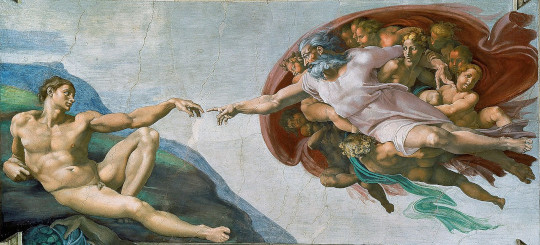Herbert A. Simon? Hubert L. Dreyfus? Raymond Kurzweil? Apocryphal?

Question for Quote Investigator: The field of artificial intelligence (AI) has achieved several remarkable triumphs in recent years. For example, in 2017 the number one ranked Go player in the world was beaten by a computer program called AlphaGo.
Yet, the progress of AI has been much slower than its top researchers predicted. The Nobel-prize winning economist Herbert A. Simon was an influential pioneer in the exploration of AI. Apparently, in the 1960s Simon stated that computers would be capable of doing any tasks that humans could perform within twenty years. Would you please help me to find a citation?
Reply from Quote Investigator: In 1960 Herbert A. Simon published “The New Science of Management Decision”, and he did assert that computer systems would achieve extraordinarily broad capabilities within two decades, i.e., by 1980. Interestingly, he did not believe that these systems would displace all human labor because computers at that time were very expensive:1
Technologically, as I have argued earlier, machines will be capable, within twenty years, of doing any work that a man can do. Economically, men will retain their greatest comparative advantage in jobs that require flexible manipulation of those parts of the environment that are relatively rough—some forms of manual work, control of some kinds of machinery (e.g., operating earth-moving equipment), some kinds of nonprogrammed problem solving, and some kinds of service activities where face-to-face human interaction is of the essence.
Below are additional selected citations in chronological order.
Continue reading “Quote Origin: Machines Will Be Capable, Within Twenty Years, of Doing Any Work That a Man Can Do”


